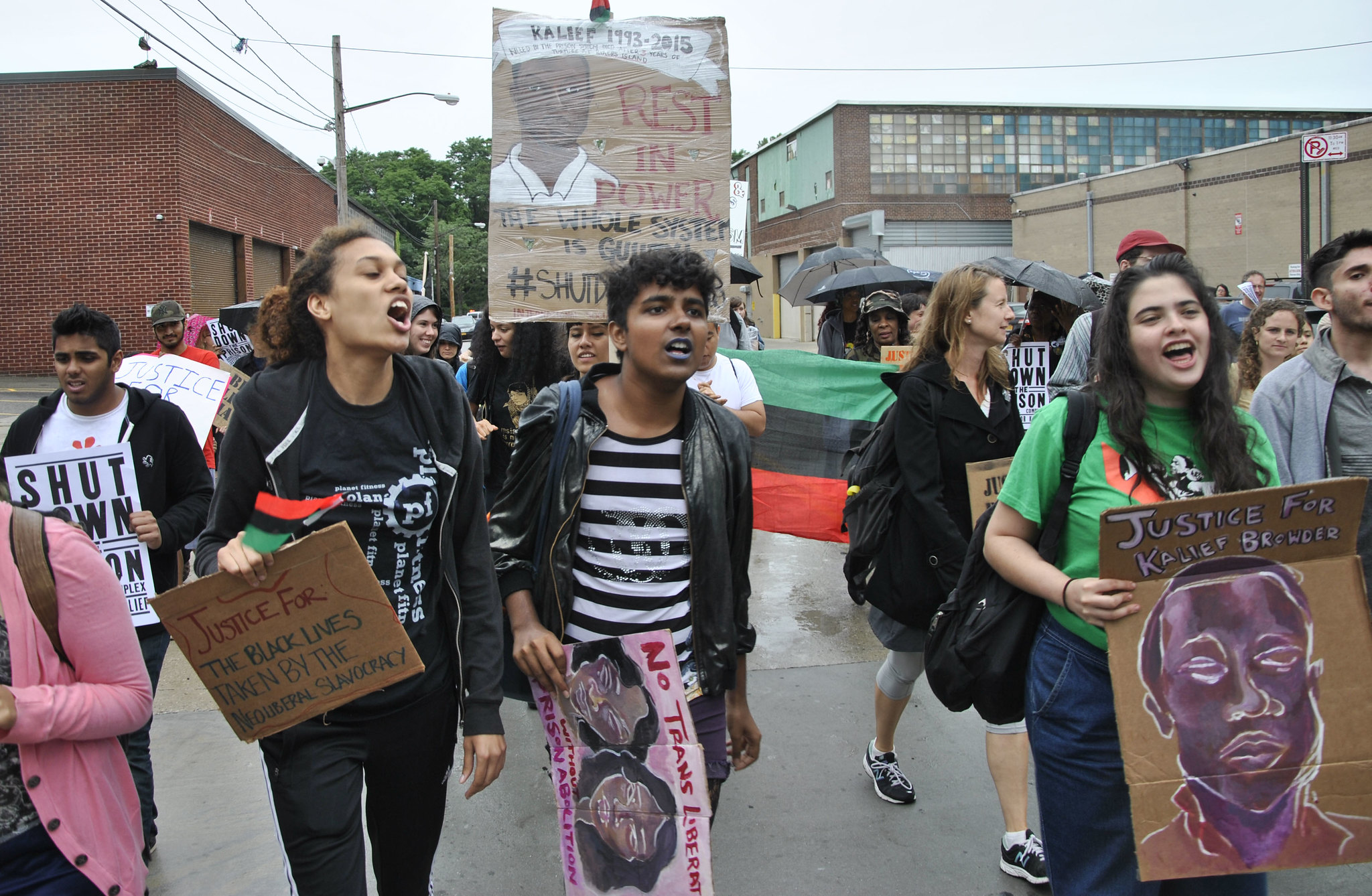Law is one of the most popular degree choices, forming part of the ‘big triad’ along with medicine and finance in terms of a career of choice. But does a career in law come at a cost, and if so, what can employers do about it? Lucinda Soon, Solicitor and PhD student at Birkbeck’s Department of Organizational Psychology, highlights key findings from her research with co-authors, Dr James Walsh, Professor Almuth McDowall and Dr Kevin Teoh.

Over the past five years, the well-being of solicitors in England and Wales has become a topic of growing concern. In part, this was triggered by the disciplinary case of Sovani James. James, a junior solicitor, was struck off the Roll of Solicitors by the High Court for acting dishonestly at work, despite the Court acknowledging her behaviour may have arisen because of toxic work conditions and the stress she was under as a result. This decision sent an immediate shockwave through the solicitors’ profession, and an increased urgency developed to take the well-being of solicitors more seriously.
The Law Society of England and Wales has launched several surveys on the well-being of its junior members. Its latest survey, published in 2019, revealed that over 90% felt stressed in their role, with almost 25% feeling severely or extremely stressed. Last year, a study by the charity LawCare reported considerable risks of burnout, particularly relating to exhaustion.
These reports point towards a problem, but there is little evidence to inform us of what factors might be contributing to it and, importantly, how firms and organisations can help to address it. In our study, we sought to shed some light on this by looking at some possible aspects of work. Drawing on self-determination theory, we investigated how solicitors’ well-being might be affected by job autonomy, perceived belonging (or relatedness) at work, feelings of competence, and levels of mindfulness. To do this, we analysed responses from an online survey of 340 trainee and qualified solicitors practising in England and Wales.
The ABC’s of solicitors’ well-being
According to self-determination theory, we all have three basic psychological needs which must be satisfied if we are to flourish, thrive, and be well at work. These are the needs for autonomy (feeling we are in control of and have choice in our work), belonging or relatedness (feeling socially connected and supported at work), and competence (feeling we are effective in what we do, that we have mastery and skill, or that we can develop them). As the core psychological requirements for well-being, these factors also form a memorable acronym; to help solicitors’ well-being, do we need to go back to the basics of their ABCs?
We found the more that solicitors felt satisfied in their autonomy, belonging, and competence at work, the higher their well-being. This was observed regardless of gender, level of post-qualification experience (PQE), or type of organisation. In other words, common to all the solicitors we surveyed, feeling supported in their ABCs at work was important to their well-being.
Does mindfulness play a role?
Our study also found that solicitors with higher mindfulness experienced greater well-being. Again, this was the case regardless of gender, level of PQE, or where a solicitor worked, suggesting the benefit of mindfulness may be generally applied.
Interestingly, not only did higher mindfulness alone correspond with greater well-being; solicitors who were more satisfied in their needs for autonomy, belonging, and competence at work had higher levels of mindfulness, which in turn contributed to their well-being. Having the basic ABC building blocks in place appeared to cultivate mindfulness, amplifying the well-being benefits for solicitors.
What does this mean for managers and leaders?
While a clear link was found between mindfulness and solicitors’ well-being, our study points towards the importance of ensuring solicitors are satisfied in their ABCs at work. These basic and fundamental work factors play a direct role in solicitors’ well-being and may also help to facilitate the development of mindfulness to strengthen it even further. This places the work environment and work conditions of solicitors firmly into the spotlight.
Solicitors need to feel they have autonomy, that they belong, and are supported and cared for at work. They equally need to feel they are competent and effective in their jobs. Without these basic elements, their well-being will suffer. Our findings raise the possibility that had Sovani James been supported by her firm in terms of her ABCs at work, her mental health and well-being may not have deteriorated to the extent that it did, ultimately resulting in the end of her legal career.
The impact of Covid-19 and beyond
The changing context of work arising from Covid-19 cannot be ignored. Remote working and a greater appreciation for more flexible ways of working may have given many solicitors more autonomy in terms of when, where, and how they work; however, it has also introduced new challenges into the mix.
Our study shows that feeling connected and cared for, and competent and effective at work, matters for solicitors’ well-being. These work conditions can be easily frustrated when solicitors work in isolation from colleagues, mentors, and leaders, especially over a prolonged period of time. This may be particularly so for trainees and junior solicitors, who are less experienced and may need more frequent support from others.
Social-networking tools and formal and informal virtual catchups can help solicitors feel connected and supported by their work community even when they are working from home. Likewise, regular access to learning and development opportunities, agreed channels for feedback, and effective supervision can all be achieved using technology to facilitate communications. Remembering the need for autonomy, management and leadership practices which respect individual circumstances are also critical. One size will not fit all. Understanding people’s differing needs and wants and giving them a degree of control and choice over their work will all feed into their well-being.
As the profession continues to adjust to a new hybrid way of working, being alive to the importance of solicitors’ ABCs is a crucial starting point for all law firms and organisations looking to safeguard the well-being of their staff.
Find out more
My PhD focuses on well-being in the legal profession. While the findings of this study highlight some of the ways in which employers can help to promote solicitors’ well-being, there is more to the story. Please get in touch at l.soon@bbk.ac.uk, on LinkedIn or Twitter, if you’d like to discuss this study or share your thoughts.




 The Brexit process has, in short, pushed the UK government away from what was, until recently, a clearly stated policy – to repeal the
The Brexit process has, in short, pushed the UK government away from what was, until recently, a clearly stated policy – to repeal the